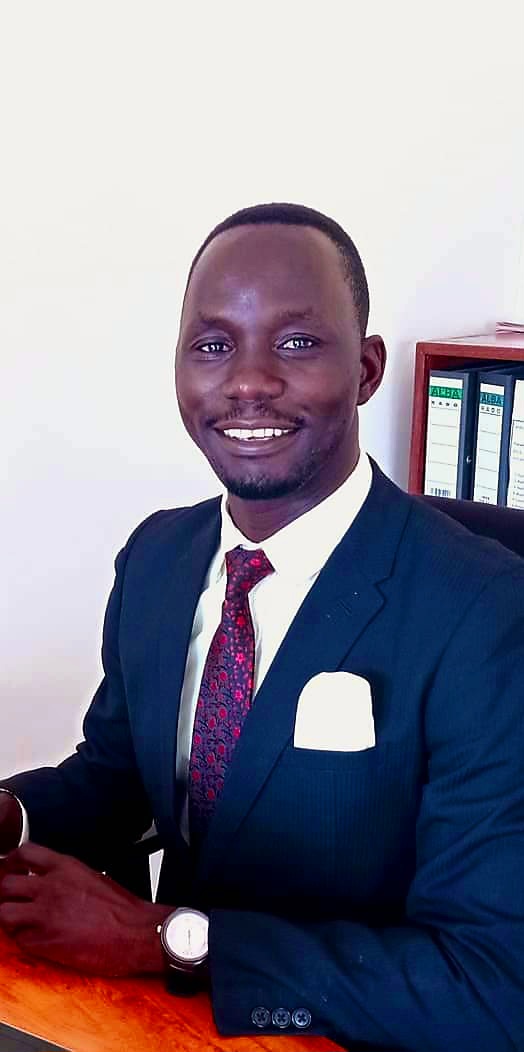Yesterday, as part of my daily learning culture, I was expanding my knowledge on marketing and sales. I came across a long-term strategy that made me wonder if I would have had the patience to implement it.
Nestlé, one of the world’s leading food companies, tried to penetrate the Japanese coffee market in the 1970s. They failed terribly. Why? Because Japan had a strong tea-drinking culture.
So they came up with a long-term strategy. How? They introduced coffee-flavored candies, targeting children. This gradually introduced the taste of coffee and created positive associations with it.
As these children grew up, they developed a natural preference for coffee. Nestlé later relaunched its coffee brand and succeeded.
Today, Japan imports over 2 billion dollars’ worth of coffee annually. A child born in a coffee-drinking family easily adopts the culture.
That story got me thinking. Hasn’t a similar strategy been used to turn Africa into a market for foreign cultures and a top hater of itself?
“Why are you speaking vernacular? I’ll write your name down. You’ll be punished during Friday debate.” I remember a classmate saying this.
The year was 2000. I was in P.4 at Oriajini Primary School in Arua. My English couldn’t run or even walk. It was crawling. I remember how pupils who spoke Lugbarati instead of English dreaded Fridays. Kiboko was waiting. The self-hate for our culture starts early.
Today, if you stand an African child in front of a mirror and ask, “What do you see?” Too often, the answer is silence or shame. Shame for their skin, name, language, food, continent, music, art, and culture. Shame for themselves.
But this was never natural. It was taught, passed down, and reinforced.
Colonialism didn’t just take land. It took minds. It convinced us that to be educated, we had to be less African. So we started bleaching our skin, mocking our accents, abandoning our names, and calling our clansmen “backward.”
Later, our schools joined in. We memorized the names of European explorers but never learned about African heroes. Our maps made Africa look smaller than it really is. Slowly, we were educated out of ourselves.
Then came the media. It told one story: Africa is poor, hungry, chaotic, diseased, backwards. So children grew up dreaming of escape, not impact. They admire actors in Hollywood, not innovators in Kampala, Kigali, Nairobi, or Lagos, whose stories are silent. They speak with a borrowed accent and laugh at their roots.
Even at home, the shame continued. Just like at school, some parents punish children for speaking local languages. Recently, I overheard a parent bragging about how her child had no cultural name, and only spoke English. Schools banned African hairstyles while celebrating Indian and European hairstyles. No wonder, we are now a continent of wigs. Children from the village were laughed at. And yet we wonder why our boys and girls feel lost.
Here’s the danger: a child who hates where they come from will never know where they’re going. A nation whose children dream only of leaving will never rise. So what do we do?
We can either go out into the world as experts or as slaves. If we build ourselves well enough, our dignity will win. We heal. We restore. We reconnect. Is Africa perfect? No. Are there great things in Africa? Absolutely. Africa is not just a place. Africa is the beginning.
Before Europe had libraries, Africa had universities. Before Western medicine, African herbs healed. Before globalization, African tribes traded gold, salt, and knowledge across deserts and rivers. We were not naked savages waiting to be civilized. We were builders, astronomers, surgeons, poets, kings, queens, and philosophers. The Great Pyramids of Egypt remain a wonder. Timbuktu University stood before many others around the world.
Africa is the most resource-rich continent on earth. 90% of the world’s platinum. 50% of its gold. 65% of its arable land. 40% of the global reserves of rare minerals are used in electronics.
So, what is our biggest problem? Ignorance and leadership. We must unlearn, learn, and relearn. We must rise as leaders at every level and spearhead change. We must raise boys and girls who are proud of their roots, fluent in their language, grounded in their identity, and capable of leading and innovating.
Because if we don’t love Africa, who will? Let’s stop handing our children a broken mirror. Let’s raise them to look at their reflection and say, “I am African. And I am enough.” Just like Nestle took a long-term approach, Africa must do the same.
This is why Pan-Africanism is a topic we cover in our Boys to Men Mentorship Camps, alongside manhood, mindset, business, money, public speaking, discipline, addiction, and more. We will do the same this August in Gulu and in January in Kampala and Arua.
Written by: Banio Luiji NobertC
oach | Trainer | Speaker | Author
Team Lead | Boys to Men Mentorship
+256 775 495 431
This post was created with our nice and easy submission form. Create your post!





